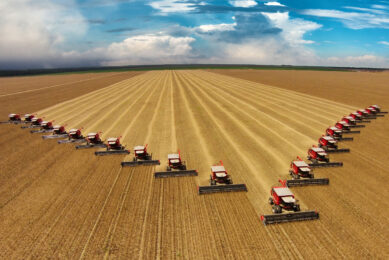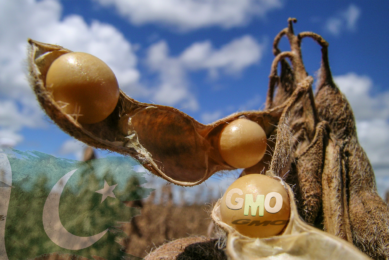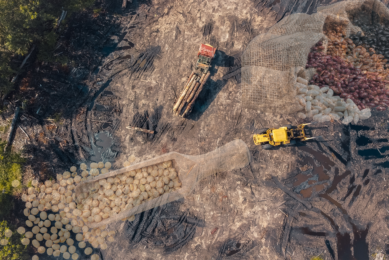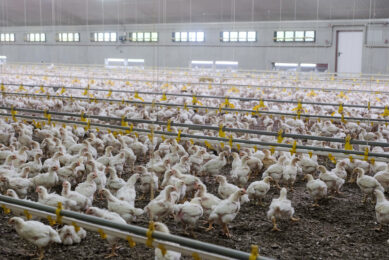Cargill: “Global demand for sustainable soy is still low”
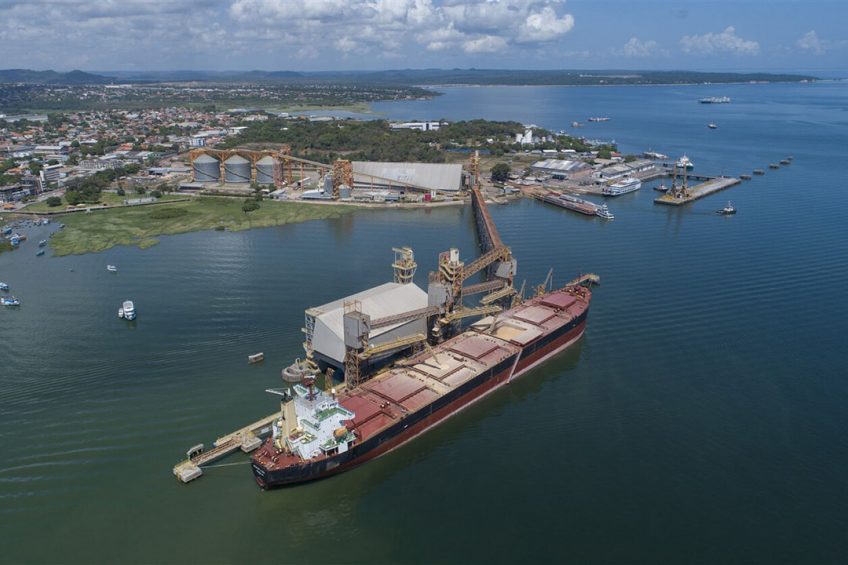
Worldwide the demand for sustainable soy is still low. There are a number of specialised flows that have sustainability as an important factor, but in general there is little enthusiasm for sustainable soy.
Stated Joe Stone, director of the Agricultural Supply Chain division at Cargill, on Wednesday in a webinar of the American Soy Export Organization (USSEC). “Customers do ask for solutions that are more sustainable, but usually there is no real added value for the companies to whom we sell ingredients.”
Europe has the most specific requirements, but is a much smaller market. Suppliers must be able to serve both markets.”
China: Security ranks higher than sustainability
Stone sees that the demand for soy from China, in particular, is mainly based on food security. Little attention is currently paid to sustainability. According to Stone, a clear distinction can be made between different markets. “In China there is no value on sustainability yet, it is mainly about food security. 65% of US soy goes to China. We cannot underestimate the importance of the Chinese market and we have also responded to it. “On the other side is Europe, says Stone. “Europe has the most specific requirements, but is a much smaller market. Suppliers must be able to serve both markets.”
Demand for soy remains strong
The demand for soy from China has recently increased again. The pig population grew much faster than expected after the outbreak of African swine fever, prompting demand for soy to recover, says Stone. He therefore foresees that in 2021, the demand for soy will remain strong, due to the rapidly growing pig population in China, “even though China has a strong focus on self-sufficiency”. “We have a large crushing branch (soya processing), a food branch and a large animal feed branch in China. The recovery we see there has exceeded our expectations.” Stone is therefore optimistic about the worldwide demand for soy, also because he expects that (part of) the food service can open again this year. “In general, we have a lot of reasons to be positive about the demand for soy.”
Meat substitutes
Stone does not yet see a great demand from the meat substitute sector. A sector that also uses protein crops such as soy and that is growing rapidly. He emphasised that in general little attention is paid to food security and the feeding of the world’s population and the role proteins play in this. “We see about 2% annual growth in what we call the demand for traditional proteins. We will continue to invest in that. We certainly think that plant-based products will have a place on the consumer’s table, just like in vitro meat products. We also invest in that. We see that vegetable proteins continue to grow, but it is part of a total solution to feed a growing and hungry world.”




